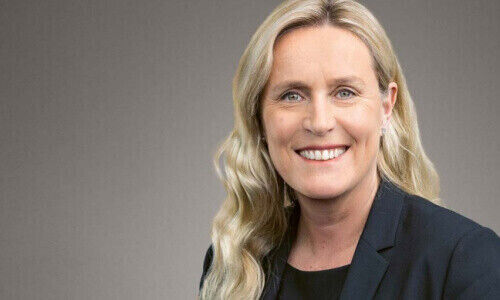MAS Tightens Family Office Supervision
The city-state’s regulator aims to ensure they are subject to AML controls, among other measures.
The largest money laundering case in Singapore’s history is becoming a dim memory, increasingly overshadowed by the newest and bestest GenAI app and worsening geopolitics, particularly Trump 2.0’s yes-no-maybe later tariffs.
Last summer, finews.asia commented on how the scandal involved six family offices receiving official tax benefits, saying it would result in sustained and prolonged regulatory scrutiny.
Changes under the Hood
We were both right and wrong. As the whole thing fades from view, the Monetary Authority of Singapore (MAS) is taking the opportunity to change a few things here and there regarding single-family office (SFO) requirements.
It is a bit of a back-door move following a consultation paper on the matter in November, with the written response to the city-state’s Parliament on Wednesday confirming that it will be a light-touch effort, but one that is also intent on ensuring that SFOs are better subject to AML controls.
No License Needed
In the response, MAS Chairman Gan Kim Yong confirmed that the SFO will not be subject to licensing under the Securities and Futures Act (SFA) as they only manage family assets and do not serve third-party clients.
But the MAS will be introducing a licensing class exemption framework for SFOs and they will have to notify the regulator of their presence, along the lines indicated in the consultation paper.
Bank, Not FI
For its part, the consultation paper gets into more detail by saying that the SFO and its fund vehicle will have to open and maintain an account with a MAS-regulated bank.
This is an important distinction. The original proposal was that the SFO would have to establish and maintain business relations with a MAS-regulated financial institution.
Meaningful Checks
However, several respondents mentioned that not all FIs would sufficiently interact with the SFO in question frequently enough for them to be subject to «meaningful» AML/CFT checks.
Now, that concern will be largely alleviated by the fund’s direct banking relationship, with any foreign-incorporated ones needing to have an account with a regulated bank that complies with FATF standards.
Notification Requirement
The MAS will also introduce a requirement related to the class exemption for SFOs, saying that they will have to provide initial notification to the regulator within 14 days after starting business operations, in line with the requirements for other exempt individuals.
The SFO will also have to provide a signed declaration that family members are not the subject of government or regulatory authorities in Singapore or elsewhere and that there must be a designated point of contact directly employed and resident in the city-state.
Other Changes
The MAS is also likely to make changes in other areas. They intend to impose of limit of 10 percent of assets under management that an SFO can attribute to key employees who are not members of the direct family.
Moreover, they tightened the definition of a family member, saying the common ancestor should not be more than five generations back – but that in-laws can be included and that SFOs will also not be able to manage the assets of charitable organizations unless they are only funded by the family themselves.
Job Creation
Overall, this leaves the impression of being well thought out and considered, albeit slightly soft-pedaled, with the response coming on the same day that the MAS was asked about how many jobs SFOs had created, as finews.asia reported earlier.
It shows a clear intent to institute palatable changes in the background while not creating a distracting, overly bureaucratic supervisory regime that interferes with the strong growth of a promising segment of the city’s finance industry. Still, it is anyone's guess if it will be enough to stop another major money laundering scandal.


























